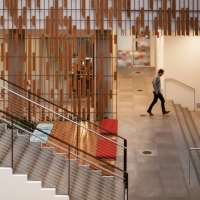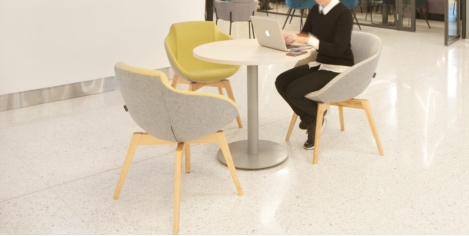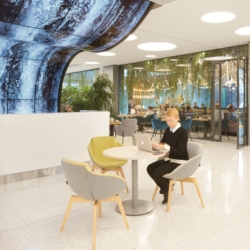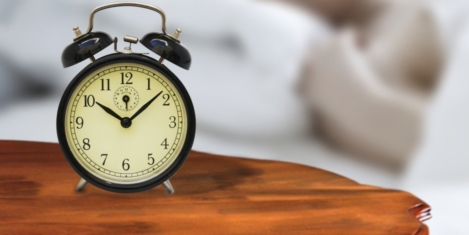To provide the best experiences, we use technologies like cookies to store and/or access device information. Consenting to these technologies will allow us to process data such as browsing behaviour or unique IDs on this site. Not consenting or withdrawing consent, may adversely affect certain features and functions.
The technical storage or access is strictly necessary for the legitimate purpose of enabling the use of a specific service explicitly requested by the subscriber or user, or for the sole purpose of carrying out the transmission of a communication over an electronic communications network.
The technical storage or access is necessary for the legitimate purpose of storing preferences that are not requested by the subscriber or user.
The technical storage or access that is used exclusively for statistical purposes.
The technical storage or access that is used exclusively for anonymous statistical purposes. Without a subpoena, voluntary compliance on the part of your Internet Service Provider, or additional records from a third party, information stored or retrieved for this purpose alone cannot usually be used to identify you.
The technical storage or access is required to create user profiles to send advertising, or to track the user on a website or across several websites for similar marketing purposes.
 The current state of the talent market is putting significant pressure on business. Employers are experiencing an acute skills gap, with average vacancies across industries per 100 jobs ranging between 5 and 8, according to data compiled by the Office for National Statistics in June 2022 – the highest average since records began. As more and more roles require digital skills, businesses are looking to younger generations whose upbringing may have been organically framed by digital tools, platforms and devices. (more…)
The current state of the talent market is putting significant pressure on business. Employers are experiencing an acute skills gap, with average vacancies across industries per 100 jobs ranging between 5 and 8, according to data compiled by the Office for National Statistics in June 2022 – the highest average since records began. As more and more roles require digital skills, businesses are looking to younger generations whose upbringing may have been organically framed by digital tools, platforms and devices. (more…)


















 With McKinsey & Company reporting that businesses with more diverse teams —whether that’s racially, socio economically or educationally— are 35 percent more profitable than organisations that are not, tech start-up
With McKinsey & Company reporting that businesses with more diverse teams —whether that’s racially, socio economically or educationally— are 35 percent more profitable than organisations that are not, tech start-up 














September 7, 2022
Understanding employee wellbeing in the fight for talent
by Simon Daly • Comment, Wellbeing